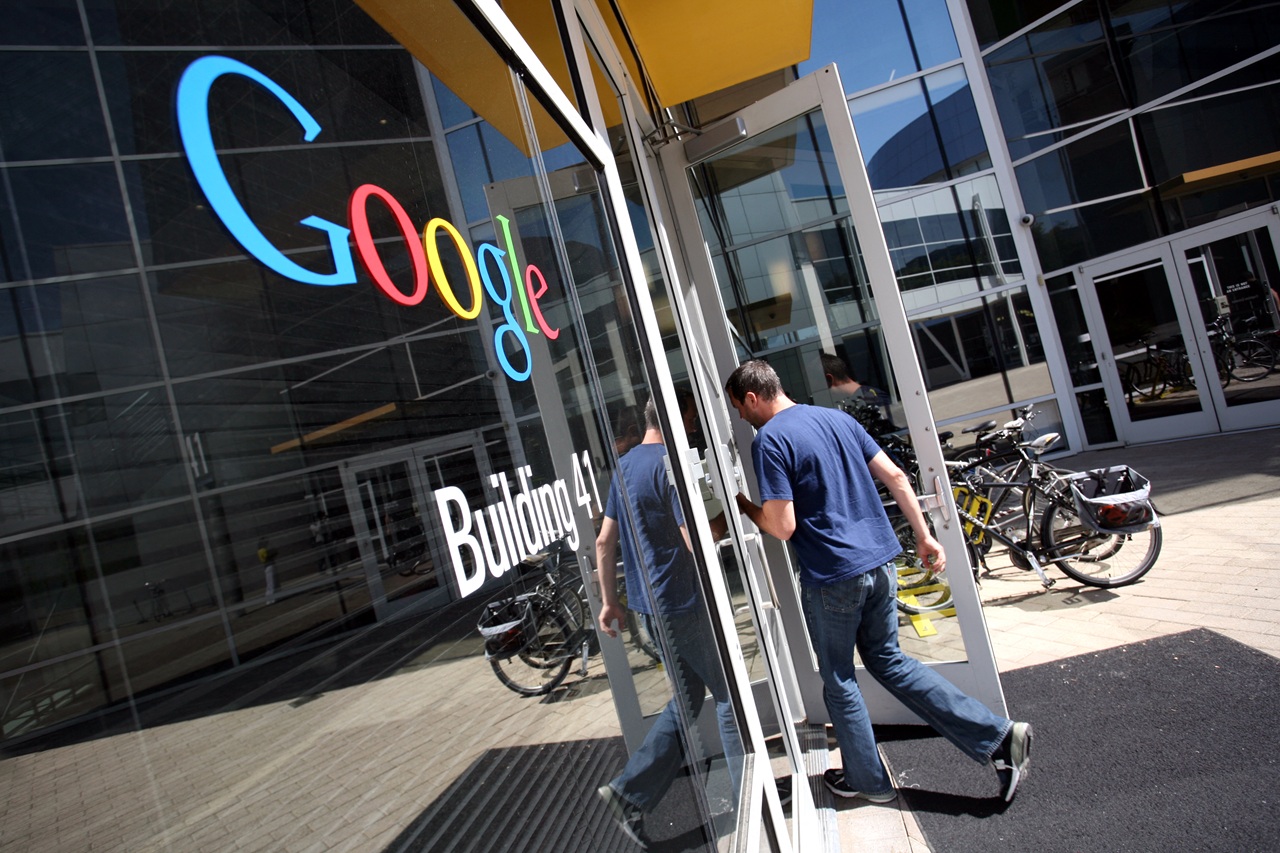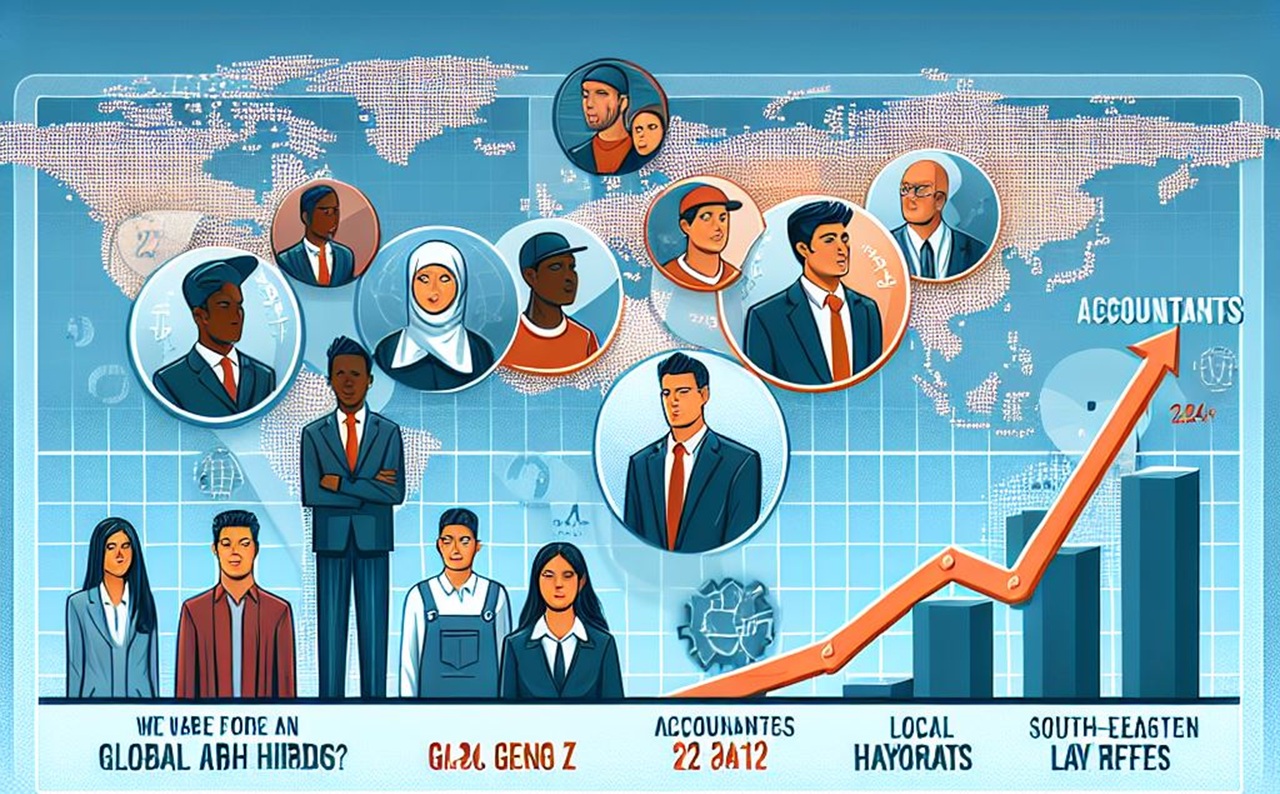
An Explanation of The Future of AI After DeepSeek: Deep Impact?
A substantial reduction in computing costs and lower access barriers for citizens are part of this revolution. Are the big tech companies trembling?
The emergence of DeepSeek, a Chinese artificial intelligence (AI) startup, has had a significant impact on the global tech market, notably affecting the valuation of major U.S. technology companies. The launch of its open-source AI model, DeepSeek-R1, has triggered a reassessment of business strategies and models within the AI industry.
On January 20, 2025, DeepSeek introduced its AI model, DeepSeek-R1, which delivers performance comparable to the most advanced models on the market but at significantly lower costs. This development sparked an immediate reaction in financial markets. Companies like Nvidia, a leader in AI chip manufacturing, saw a sharp decline in their stock value. Reports indicate that Nvidia lost approximately $589 billion in market value following the emergence of DeepSeek, marking one of the largest single-day market capitalization losses in history.
This situation did not only affect Nvidia. Other tech giants on Wall Street also experienced stock declines, collectively losing around $1.5 trillion in market capitalization. DeepSeek’s introduction of an efficient, low-cost AI model prompted investors to reassess the valuations of U.S. technology firms.
Deep impact
Freddy Vega, founder of Platzi, made an in-depth analysis of this move on his website. According to him, large AI companies have traditionally based their business model on the development of advanced models that require significant investments in hardware and computational resources. These models are offered through cloud services, subscriptions and licenses, generating substantial revenues.
DeepSeek’s emergence introduces a shift in this Dynamic, Vega explained. With an investment of less than $6 million, DeepSeek developed an AI model that competes with market leaders at a fraction of the cost. This approach could force major AI companies to rethink their monetization strategies, focusing on efficiency and accessibility. Additionally, DeepSeek’s offering of low-cost API services promotes greater access to AI technology, which could influence the pricing strategies of established firms.
Traditionally, the development of advanced AI models has been limited to companies with significant resources due to the high costs associated with the necessary hardware and infrastructure. In Vega's opinion, DeepSeek has demonstrated that high-performance models can be developed with much lower investments by using less advanced hardware and optimizing training processes.
This approach lowers entry barriers for startups and smaller companies looking to develop AI solutions. The availability of open-source models like DeepSeek-R1 allows these entities to access advanced technologies without incurring prohibitive costs, fostering innovation and diversification in the AI sector.
DeepSeek-R1, being a Chinese model, has censorship applied in its reinforcement learning. However, the version available for local server installation is completely open. This poses a challenge for major tech firms that have built their development on closed models. The philosophical difference between open and closed models is now becoming a key issue in the sector’s evolution.
Lots of Investment
The introduction of more efficient and cost-effective AI models could influence investment decisions in the industry. On one hand, reduced costs and democratization of technology could attract more investors interested in supporting innovative startups that can now compete with industry giants.
RELATED CONTENT
On the other hand, investors may become more cautious, reassessing the valuations of established tech companies and considering the risk of disruption by new players like DeepSeek. The recent drop in companies like Nvidia’s stock reflects this market uncertainty.
Vega remembered that the recently announced $500 billion AI infrastructure investment by Sam Altman, Larry Ellison, and Masayoshi Son alongside Donald Trump reshapes the landscape. This unprecedented amount indicates that tech giants are still betting on large-scale AI models, but DeepSeek’s success may force them to optimize their strategies.
Until now, the dominant belief was that AI could only advance through more chips, more money, and more data centers. Microsoft has half a million advanced chips, while Meta owns around 200,000. However, DeepSeek has demonstrated that highly efficient models can be trained with less advanced hardware, challenging the idea that scalability depends solely on infrastructure.
DeepSeek-R1 achieves results similar to leading models with a fraction of the memory and less CPU or GPU power. This is pushing major companies to adopt DeepSeek’s optimizations in their own models. It is likely that we will soon see versions of LLaMA, OpenAI, and Anthropic integrating these advancements.
The impact goes beyond technology. The pressure on cloud computing providers could lower AI access costs, making enterprise solutions more affordable. Furthermore, this shift challenges OpenAI’s closed model, which has kept its developments secret. The move toward openness will force a reassessment of how AI is developed and distributed.
The Chinese model has also shown that hardware optimization can significantly reduce inference costs, altering the cost structure of the AI industry. As more companies adopt these advances, major cloud providers may be forced to lower computing time prices, benefiting startups and businesses looking to integrate AI into their products and services.
In summary, DeepSeek’s emergence has triggered a reevaluation of the AI industry, affecting the valuation of major tech companies on Wall Street and raising questions about business models, entry barriers, and future investments in the sector. Beyond its immediate market impact, its true legacy could be the redefinition of how artificial intelligence is conceived and developed in the future.











LEAVE A COMMENT: